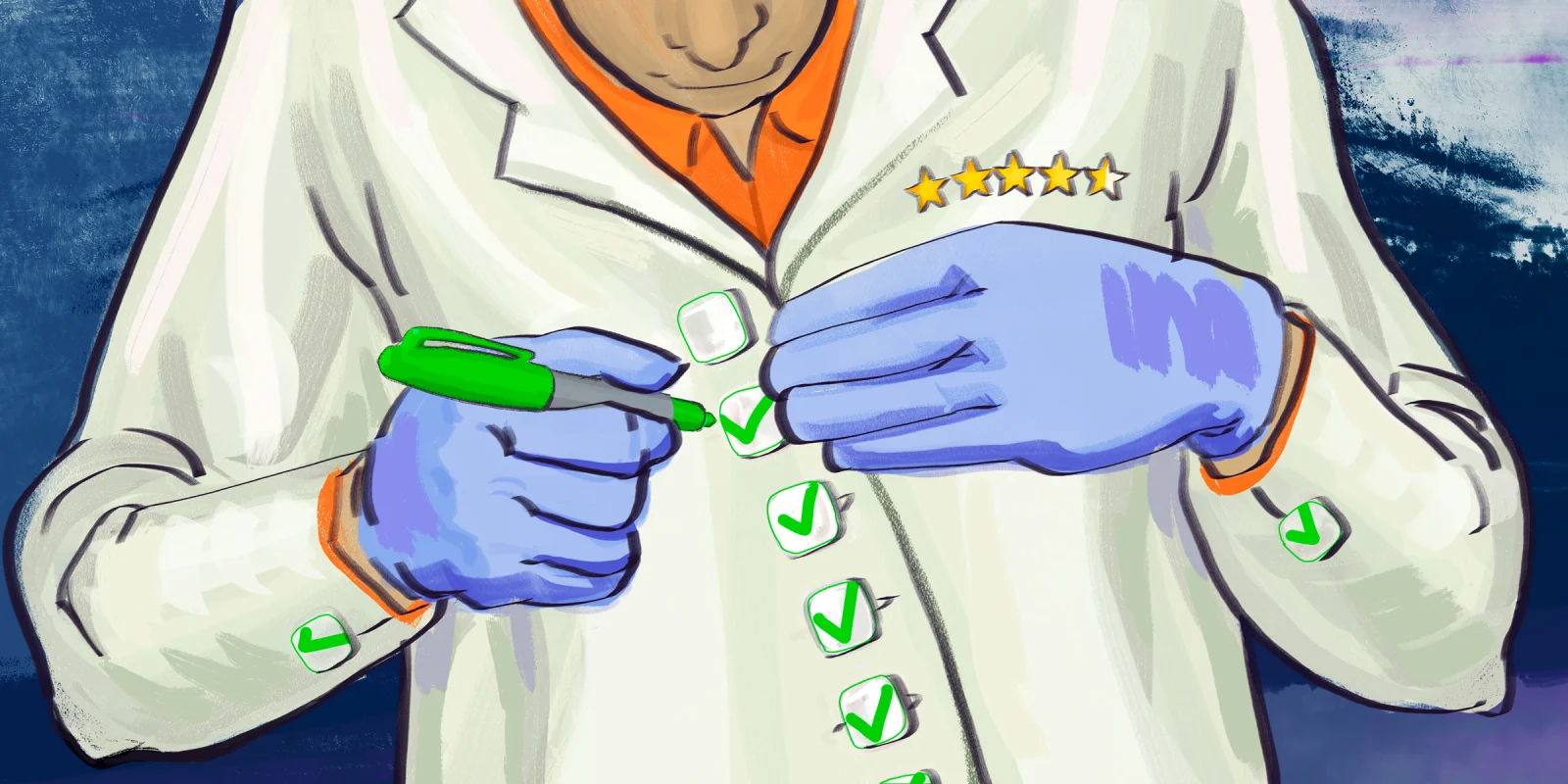I recently had the choice to take USMLE Step 1 either as pass/fail or following the traditional three-digit score. Both options had to be considered diligently, especially since residencies have traditionally relied on the three-digit score as a primary indicator for applicants. Initially, it made the most sense for me to opt for three-digit scoring, in part so as to stand out among the more than 40,000 other students.
Unlike most other medical schools, my program closed out its second year of education in December 2021. Finishing my second year in December meant I had the choice of taking USMLE Step 1 in January or February, as opposed to the more common period of April through June. The official change from the three-digit score to pass/fail was scheduled to take place on January 26, 2022. So at the time, I reasoned that there was a decent chance that by receiving a three-digit score, I would have a competitive edge over many of my peers. On the other hand, I would likely have to spend more time striving for a competitive three-digit score than I would for a simple pass.
The change to the Step 1 score report was cited by some as being the most radical change in medical school education reform since the Flexner report of 1910. The USMLE program views this change as “an important first step toward facilitating broader, system-wide changes to improve the transition from undergraduate to graduate medical education.” The USMLE program also stated that the “primary purpose of the USMLE is for licensure,” and “the ideal system for evaluating residency candidates should be holistic.” However, according to surveys given by the NRMP to residency program directors, students’ Step 1 score stands out as the single most important factor when selecting applicants to interview. Somewhere down the line, the idea of a “perfect” doctor became nearly synonymous with the idea of being a perfect test-taker, and Step 1 stood out above the rest.
Unsurprisingly, several studies have demonstrated that higher scores on Step 1 predict higher scores on future multiple choice tests. However, Step 1 scores have failed to correlate with clinical skills, residency progress, or faculty evaluations. Amid countless declarations to expand and diversify the physician workforce, USMLE Step 1 scores have correlated with gender, race, and financial status, with higher scores favoring males, groups already overrepresented in medicine, and those with lower financial burden.
Despite these data, there emerged the assumption that a lower Step 1 score, even among passing scores, indicated an inferior physician. Step 1 assesses only one of six core competencies expected of a new practitioner as recognized by the ACGME and the American Board of Medical Specialties. While scores on tests may correlate with a time point measurement of individuals’ memory, knowledge, and reasoning, it does a poor job of reflecting their entire repertoire, especially when it comes to being a physician. Test scores are a convenient way of turning free-thinking people into numbers. But correlation is not causation, and it never will be, in human behavior.
A pass/fail Step 1 removes this assumed causation, and with it, the unsubstantiated “good doctor” score those students must achieve so that the rest of their application is even given a glance. A pass/fail Step 1 opens the door to a more holistic application process, allowing all six core competencies to equally contribute toward the evaluation and selection of future physicians. Extracurriculars, research, and rotations will become increasingly important. However, we must learn from our past. The next goal for residency selection cannot be to establish a correlation for Step 2 or Step 3 to any sort of performance measure during residency. Although it may seem like a wonderful idea, something as complex as a human evaluation can never be summed up by something as simple as a number.
In the end, I realized that many others may have shared my thought process about the issues with striving for the “perfect score,” and this may have been part of the reason for the change to pass/fail scoring. Achieving a perfect score would not have been an accurate indicator of how good of a doctor I might become in the future. And seeking after the perfect score would have meant spending less time doing the things I care about, less time volunteering in free clinics and serving in the community, less time on research projects and manuscript writing, and less time with my family.
At the end of my existential journey. I ultimately decided to take Step 1 as pass/fail. If correlation does not equal causation when it comes to human behavior, then I am left with two choices: Do I want to be a better doctor or a better test-taker?
Share your thoughts on the pros and cons of the transition to a pass/fail Step 1 in the comment section.
Luke Wesemann is a third-year medical student at Wayne State University in Detroit, Michigan. He enjoys spending time outdoors with his daughter and wife.
Jonathan Shaw, MD, contributed to this Op-Med.
Illustration by Jennifer Bogartz






